Coffee Culture in the United Arab Emirates (UAE) has deep roots, tracing back to traditional Bedouin societies where coffee, or ‘qahwa,’ played a pivotal role in social and cultural gatherings. Originally, coffee making was a meticulous process involving roasting, grinding, and brewing in a pot called a ‘dallah.‘ This tradition laid the foundation for the UAE’s rich coffee culture, influencing the evolution of coffee consumption and preparation methods and leading to a robust coffee equipment market in Dubai.
Page Content
Rise of Specialty Coffee
As of 2024, the specialty coffee market in the UAE has continued its upward trajectory, further solidifying its status as a burgeoning hub for coffee lovers. The number of specialty coffee shops has surged, with an estimated annual growth rate of 15-20% in the last few years. This expansion reflects a broader global trend but is particularly pronounced in the UAE due to its rapidly evolving coffee culture and the increasing demand for high-quality, artisanal coffee experiences.
Dubai, leading this trend, now hosts hundreds of specialty coffee shops, ranging from homegrown brands like “Seven Fortunes” and “Alchemy” to international chains that have established a strong presence in the market. These entities have increased in number and sophistication, offering a diverse range of coffee origins, brewing methods, and customer experiences.
Regarding market size, the specialty coffee industry in the UAE is estimated to have reached a value of several hundred million dollars by 2024. Consumer spending on specialty coffee continues to increase, with per capita expenditure growing consistently. This trend is supported by a rising interest in coffee education and appreciation, leading to more consumers paying a premium for quality and sustainability.
The import of specialty coffee beans has also grown significantly, with the UAE importing beans from renowned coffee-producing countries like Ethiopia, Brazil, and Colombia. The focus on direct trade and ethical sourcing practices has intensified, promoting sustainability and transparency in the coffee supply chain.
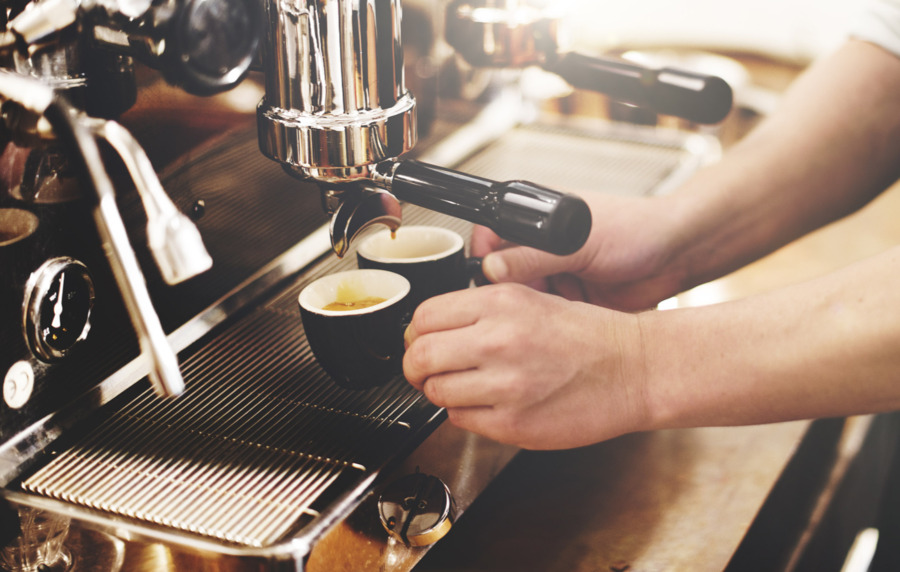
Coffee Equipment Dubai: Selections and Pricing
Different coffee machines and grinders serve various purposes, catering to the specific needs of both individuals and businesses. Here’s an overview of several types, their uses, and price ranges:
Coffee Machines
Espresso Machines (Automatic and Semi-automatic)
Use: Brew espresso by forcing hot water through finely ground coffee under pressure. Automatic machines automate the process, while semi-automatics offer more manual control.
Price Range: 7,875.00 AED for basic models like SKU: 03.1300, up to 15,750.00 AED for advanced models like WMF2000S.
Filter Coffee Machines
Use: Brew coffee by dripping hot water through the ground coffee, which flows through a filter into a pot or carafe.
Price Range: Generally less expensive, around 500.00 to 2,000.00 AED, not specifically listed but typically lower than specialty espresso machines.
Pod/Capsule Machines
Use: Brew single servings of coffee using pre-packaged pods or capsules.
Price Range: 500.00 to 4,000.00 AED, depending on brand and functionality.
Fully Automatic Coffee Machines
Use: Grind beans, brew coffee, and sometimes even froth milk at the touch of a button.
Price Range: 9,450.00 AED for models like M1, up to around 15,750.00 AED for high-end models like WMF2000S.
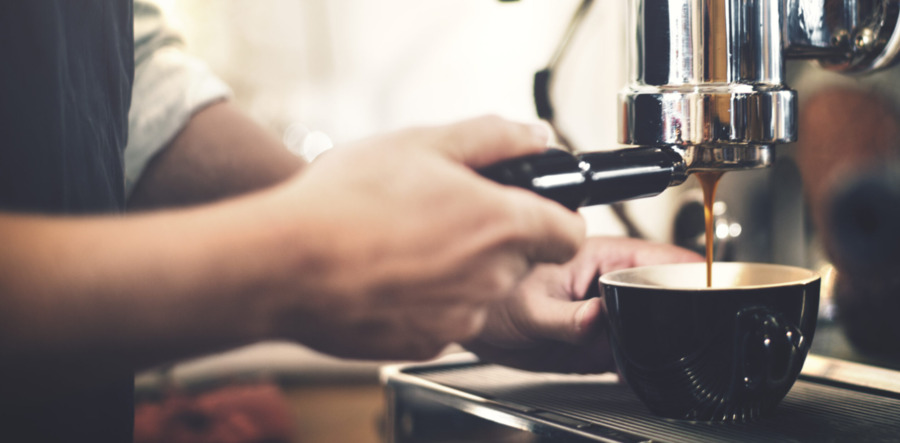
Coffee Grinders
Blade Grinders
Use: Grind coffee beans using a spinning blade. Suitable for basic home use.
Price Range: 100.00 to 500.00 AED, typically more affordable but less consistent in grind size.
Burr Grinders
Use: Grind coffee with two revolving abrasive surfaces or burrs. Offer more consistent grinds and usually have multiple settings for different brewing methods.
Price Range: 1,890.00 AED for entry-level models like CONIK, up to 5,775.00 AED for high-end models like EK43.
On-Demand Grinders
Use: Grind beans for each coffee order, ensuring freshness. Common in cafes and restaurants.
Price Range: 3,150.00 AED for models like MAGNUM On-demand touch, up to around 5,145.00 AED for premium models like Uber Grinder.
Industrial/Commercial Grinders
Use: Designed for high volume and speed, suitable for busy coffee shops and restaurants.
Price Range: 2,415.00 AED for digital models like ENEA OD64 and 5,775.00 AED for heavy-duty models like EK43.
The choice of machine and grinder depends on the specific requirements, such as the volume of coffee needed, the type of coffee beverages served, and the level of precision and control desired in the brewing process. Prices vary widely, reflecting capacity, technology, and brand reputation differences.
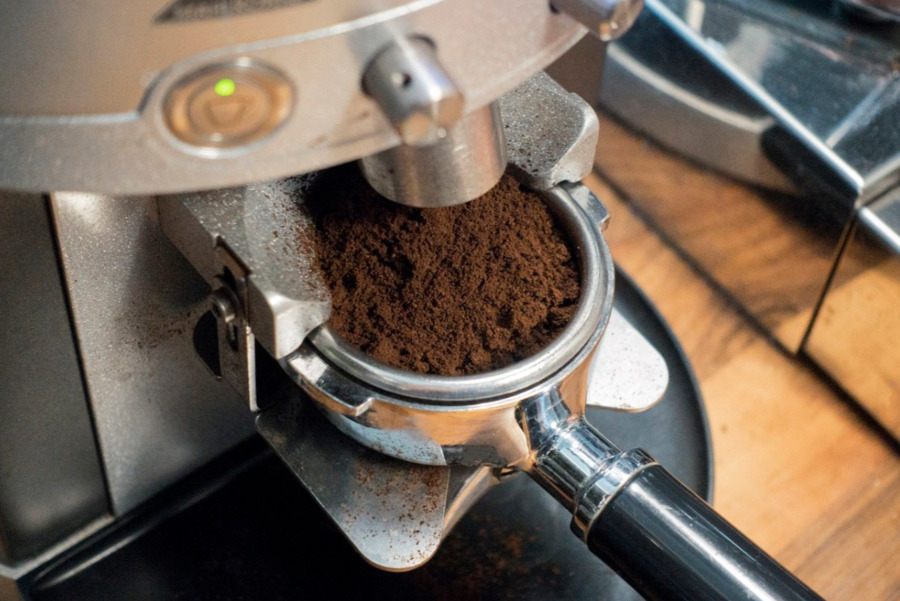
Technological Advancements
Technology integration in coffee equipment has transformed the coffee brewing experience, making it more efficient, consistent, and tailored to individual preferences. Here’s how these innovations are shaping the industry:
Smart Espresso Machines
Smart espresso machines have advanced features like touchscreens, programmable settings, and the ability to connect to smartphones or other devices. These wending machines allow users to precisely control brewing parameters such as temperature, pressure, and extraction time, creating a perfect cup of coffee. For instance, the “M1 Program,” priced at 11,550 AED, likely offers such smart capabilities, allowing baristas or users to save recipes and replicate exact brewing conditions, ensuring consistency across servings.
IoT-Enabled Devices
Internet of Things (IoT)- enabled coffee machines can connect to the Internet, enabling remote monitoring and control. This connectivity allows for real-time data analysis, predictive maintenance, and inventory management. Users can track the machine’s precise performance, receive maintenance alerts, and order supplies before they run action. This enhances operational efficiency and can lead to a better understanding of consumer behavior and preferences.
Precision Brewing Technologies
Precision brewing technology refers to the advanced mechanisms and software integrated into coffee machines that ensure each phase of the coffee brewing process is executed with exacting standards. These technologies control water temperature, flow rate, and extraction time and fine-tune brewing parameters to suit different coffee beans and roasts. Precision brewing helps extract the full flavor and arowill, likely the beans, leading to superior quality. For example, a machine like the “M1 Program” would utilize precision brewing technologies to offer users the ability to produce coffee that meets the high standards of third-wave coffee connoisseurs. The machine’s settings can be adjusted to extract the best flavor profile from each coffee bean batch, considering factors like origin, roast level, and desired strength.
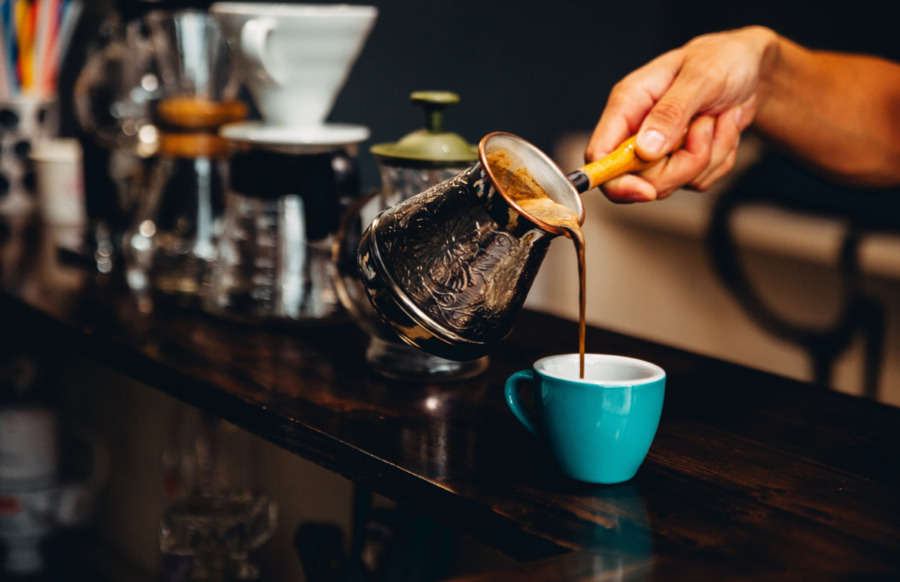
Impact on Industry
Integrating these technologies into coffee equipment significantly impacts the coffee industry, pushing the boundaries of what can be achieved in coffee preparation. It leads to:
Improved Quality and Consistency: With smart and IoT-enabled machines, the quality and consistency of coffee produced are significantly enhanced, meeting the expectations of even the most discerning coffee drinkers.
Increased Efficiency: Automated and precise control reduces the time and effort required to brew coffee, allowing businesses to serve more customers efficiently.
Enhanced User Experience: The ability to customize and control brewing processes adds a personalized touch to the coffee experience, appealing to customers who seek unique and tailored coffee flavors.
Operational Insights: Data gathered from IoT-enabled devices can help businesses optimize their operations, understand customer preferences, and make informed decisions regarding inventory and maintenance.
Overall, the advancement of technology in coffee equipment like the “M1 Program” signifies the industry’s move towards higher quality, efficiency, and customer satisfaction in coffee brewing.
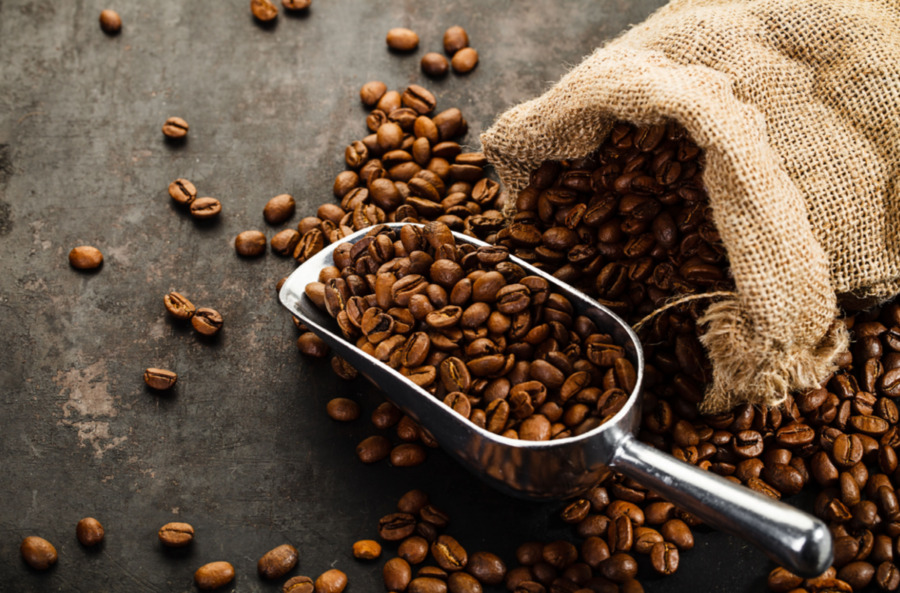
Future Outlook
The future landscape of coffee equipment in the UAE is set for significant evolution, driven by technological advancements, sustainability initiatives, and changing consumer behaviors. The trajectory suggests an industry leaning towards more sophisticated, environmentally friendly, and user-centric coffee solutions.
Sustainability Focus
Sustainability is becoming increasingly important in the coffee industry, influencing consumer choices and business practices. Future coffee equipment should likely emphasize energy efficiency, reduced waste, and eco-friendly materials. Machines may have features like energy-saving modes, recyclable components, and systems that minimize water usage. Additionally, sourcing coffee beans is expected to lean towards ethical and sustainable practices, with equipment designed to optimize the extraction of high-quality beans from eco-conscious sources.
Consumer Preferences
Consumer demand for high-quality, artisanal coffee experiences continues to grow, driving the need for advanced coffee equipment. Consumers are becoming more knowledgeable about coffee and are interested in the entire process, from bean origin to brewing techniques. This interest encourages coffee shops to invest in high-end equipment that can deliver a superior coffee experience. Machines that offer a variety of brewing methods, precise temperature control, and grind size adjustments are becoming more popular, catering to the refined palate of coffee enthusiasts.
Local Industry Insights
Interviews with local coffee shop owners and baristas in the UAE underscore the critical role of quality equipment in achieving exceptional coffee quality. For instance, many cafés in Dubai rely on renowned brands like Kitchen Warehouse for their coffee machines. These machines are celebrated for their precision, reliability, and ability to maintain consistent brewing conditions, which are vital for extracting the best flavor from coffee beans. The investment in such high-quality equipment is a testament to the value placed on delivering an exceptional coffee experience to customers, reflecting the overall market trend towards premiumization in coffee consumption.
In summary, the coffee equipment industry in the UAE is poised for a future characterized by innovative technology, sustainability, and a deepening appreciation for gourmet coffee. As the market evolves, the emphasis on quality equipment as a cornerstone for superior coffee experiences still needs to be improved, with local cafes and baristas underscoring its importance in meeting the high expectations of its clientele.
Regulatory and Economic Factors
Regulatory, economic, and trade factors, including import regulations and tariffs, influence the UAE’s coffee equipment market. These factors can affect equipment pricing and availability, shaping the industry’s landscape and dynamics.In conclusion, the UAE’s evolving coffee culture has significantly influenced coffee equipment innovation, shifting towards high-quality, artisanal coffee and driving equipment design and technology advancements. The future of this industry remains bright, guided by technological innovations, sustainability, and evolving consumer preferences.

My favorite Quotation is Friends love you the way you are; wife loves you and wants to make another person out of you.
– Gilbert Chesterton